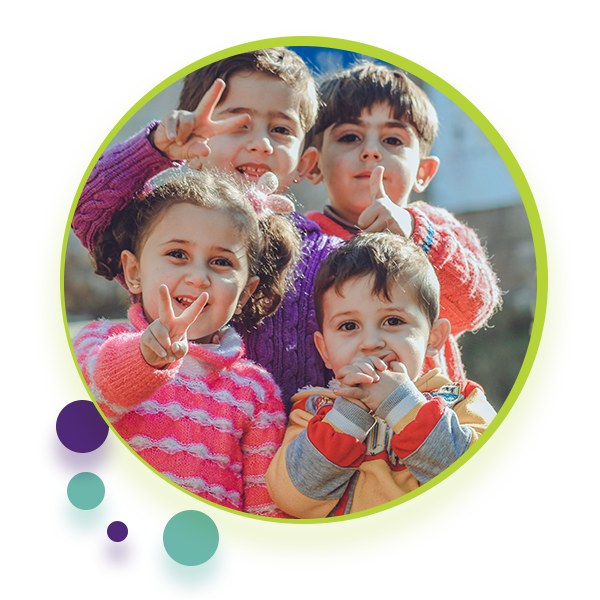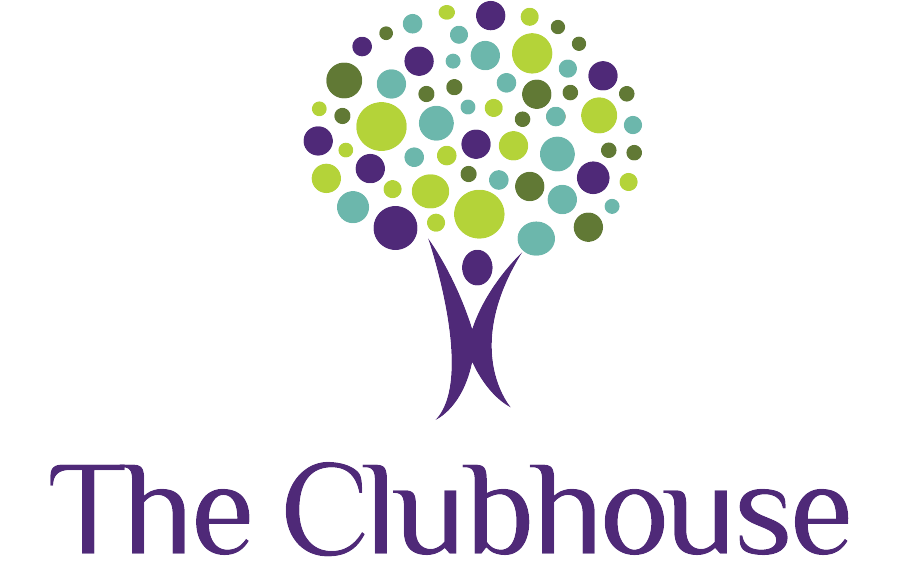At the Clubhouse, we support those who are deaf or hard of hearing in whichever way they want to communicate. We have team members who specialize in ASL (and other signed communications), cochlear implants, cued speech, auditory oral approaches and auditory verbal techniques, and more. Every child needs a way to communicate, let us help your child find theirs!
DEAF & HARD OF HEARING PROGRAM

We Value The Deaf & Hard of Hearing Community
About our Specialists in Hearing
Our mission extends beyond just learning, it’s about embracing each child’s unique journey toward connecting with the world around them. With a deep commitment to personalized care, we delve into the heart of what makes communication meaningful for your child, tailoring our approach to fit their individual needs and preferences.
In our clinics, we explore innovative solutions and technologies that empower your child. From the latest digital hearing aids and assistive devices to cutting-edge speech therapy techniques, we’re dedicated to ensuring that every child has access to the tools they need to thrive. Our pediatric therapists are constantly updating their skills and knowledge to bring your child the most effective and compassionate care possible.
At the Clubhouse, we believe in a holistic approach to therapy that encompasses not just the child, but the entire family. We offer guidance, support, and education to parents and siblings, fostering an atmosphere of inclusivity and understanding. Through workshops, group sessions, and one-on-one consultations, we help families navigate the challenges and celebrate the milestones of raising a child who is deaf or hard of hearing.
Frequently Asked Questions
If you suspect your child may have a hearing loss, ask your child’s pediatrician for a referral to an audiologist. They can test your child and make recommendations for amplification, if appropriate. Some warning signs that may indicate a need for hearing testing are limited babbling, speech delays, difficulty following directions without visual cues, and difficulty participating in activities where background noise is present.
Children with hearing loss often benefit from speech-language therapy and aural (re)habilitation therapy. Speech-language therapy can help your child learn to produce sounds that may be more difficult, help with following directions, and learn subtle language structures like plurals and verb tenses.
Aural (re)habilitation helps children learn to associate meaning with sound, discriminate between different types of sounds, and comprehend spoken language. It can also incorporate visual communication, like speechreading (more commonly known as lip reading), cued speech or sign language. Children may also work toward understanding when and how communication breakdowns happen and how to help them in their environment.
Due to the close relationship between hearing and balance, children with hearing loss may also benefit from other services like occupational or physical therapy as well, depending on the child’s specific needs and skill set.
Every child’s needs will be different, and here at the Clubhouse, we don’t take a one-size-fits-all approach to therapy. Your child’s therapist will provide you with weekly suggestions for home practice, that may include taking a listening walk, reading a story with a fan or white noise machine on to practice listening in background noise, or working on following specific types of directions during daily routines, like getting dressed or brushing teeth.
For children with hearing loss, regular device use (when appropriate and recommended by your child’s audiologist), providing lots of narrative time throughout the day, reducing background noise around the house, and giving your child visual cues whenever possible are some simple suggestions which will benefit any child.
How often your child needs therapy will depend on their goals as well as what therapies they receive. Most therapies occur once a week, which allows your child and their therapist to build a relationship in addition to working on goals consistently. Children with hearing loss may benefit from more than one type of therapy and a child who is receiving both speech-language therapy and aural (re)habilitation will likely attend therapy twice a week.
